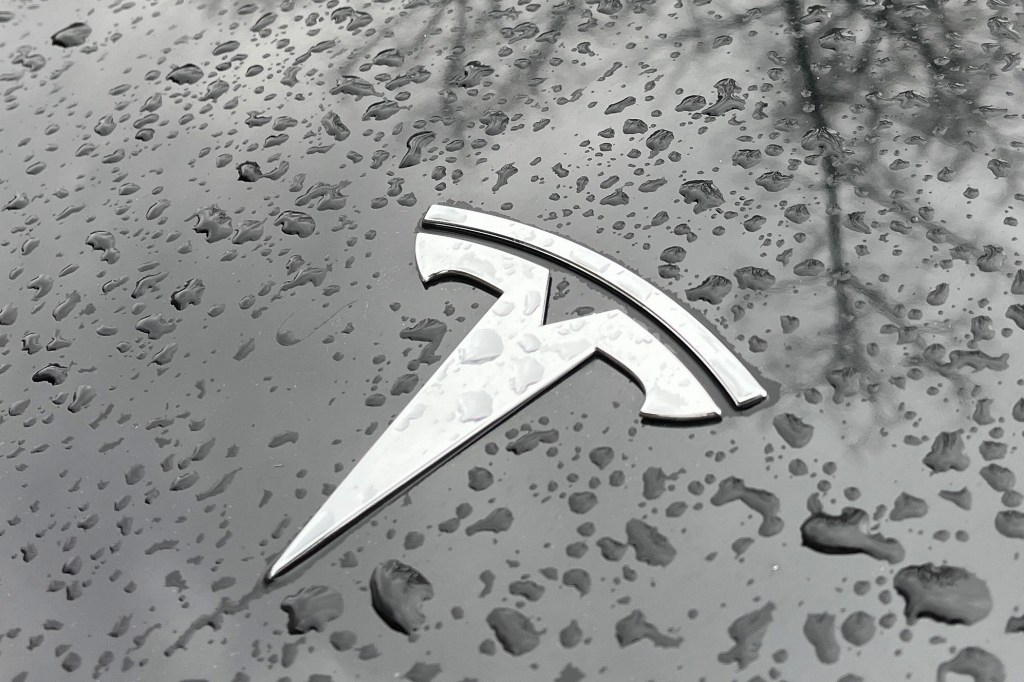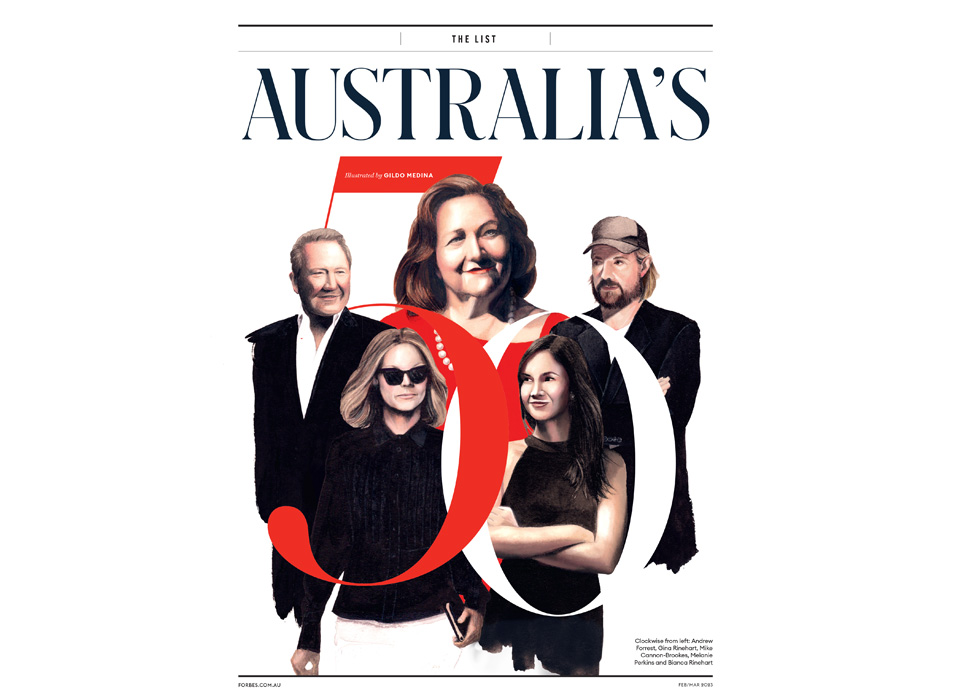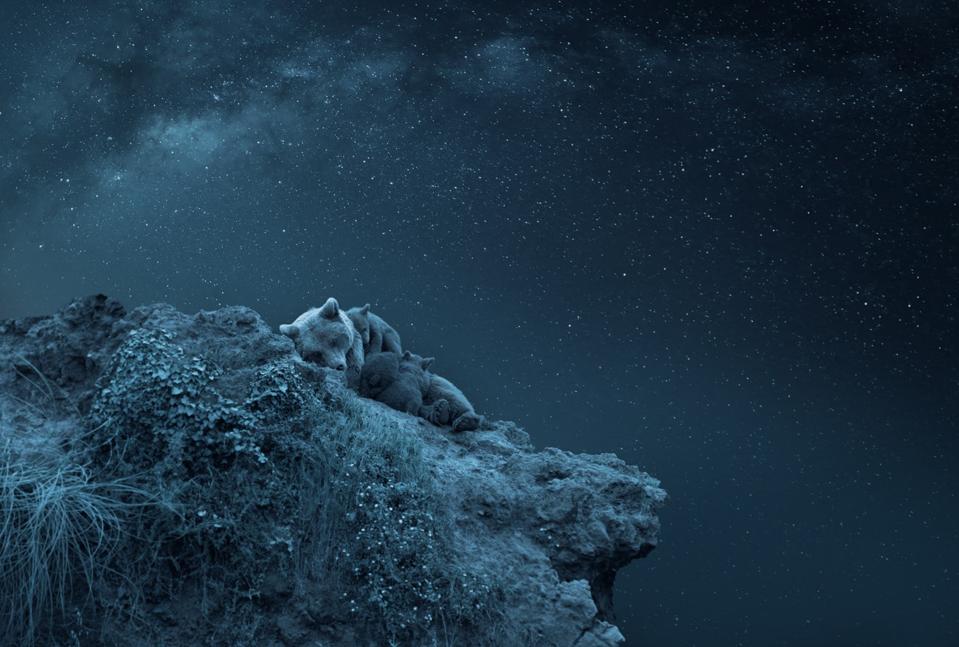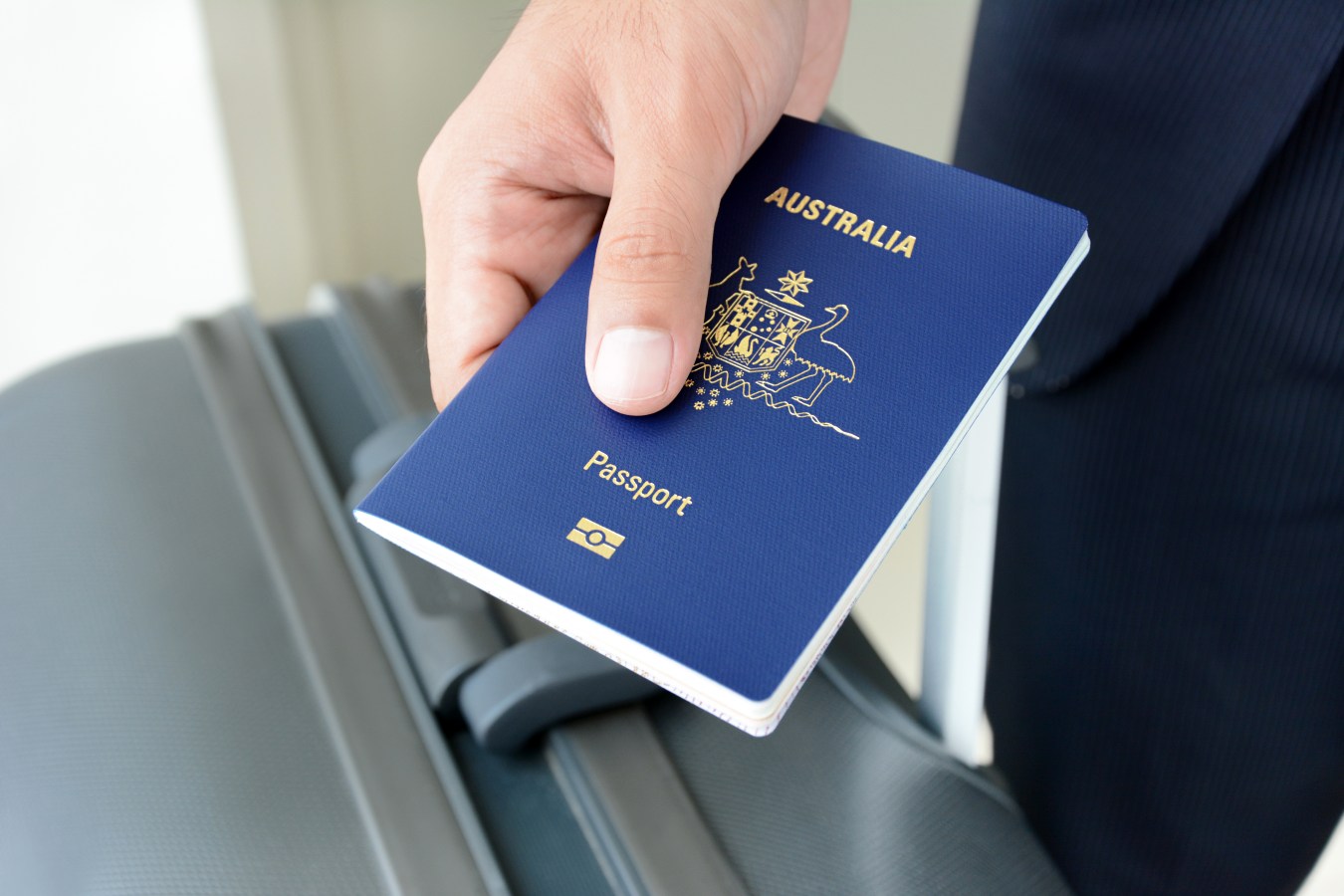Tesla is recalling hundreds of thousands of vehicles due to concerns its Full Self-Driving feature could cause crashes, in the latest and most significant blow to the company’s claims that its self-driving features are safe.

The voluntary recall impacts 362,758 cars, according to a regulatory filing with the National Highway Traffic Safety Administration, including 2020-2023 Model Ys, 2017-2023 Model 3s and 2016-2023 Model S vehicles.
The Full Self-Driving system could cause problems like guiding a vehicle straight through an intersection in a turn-only lane, running a stop sign and driving through an intersection without using caution on a yellow light, the filing said.
THE LIST
Tesla stated it is not aware of any injuries or deaths due to problems with its Full-Self Driving system, according to the recall report.
The company plans to release an “over-the-air” software update to eliminate the problem, while owners of impacted cars will receive a notification letter by April 15.
Tesla still considers its Full Self-Driving feature to be in a “beta”—or testing—stage.
In certain rare circumstances and within the operating limitations of FSD Beta, when the feature is engaged, the feature could potentially infringe upon local traffic laws or customs.
Tesla recall report
Tesla’s self-driving safety claims are the subject of Justice Department, Securities and Exchange Commission and NHTSA investigations.
The NHTSA said it reached out to Tesla last month requesting a recall notice after “it had identified potential concerns related to certain operational characteristics of FSD Beta,” with Tesla agreeing last week to move forward with a “voluntary recall.”
Billionaire CEO Elon Musk spent years promoting Tesla’s self-driving features as safe, but his tone has changed recently.
He told investors in an October conference call that Tesla vehicles are “not quite ready to have no one behind the wheel,” while Tesla includes numerous disclaimers on its website saying its vehicles still “require active driver supervision” at all times.
Tesla also reportedly staged a 2016 video showing a car safely driving and parking itself. The car actually crashed into a fence when the driver let the vehicle park itself, according to Reuters.
This story was first published on forbes.com



